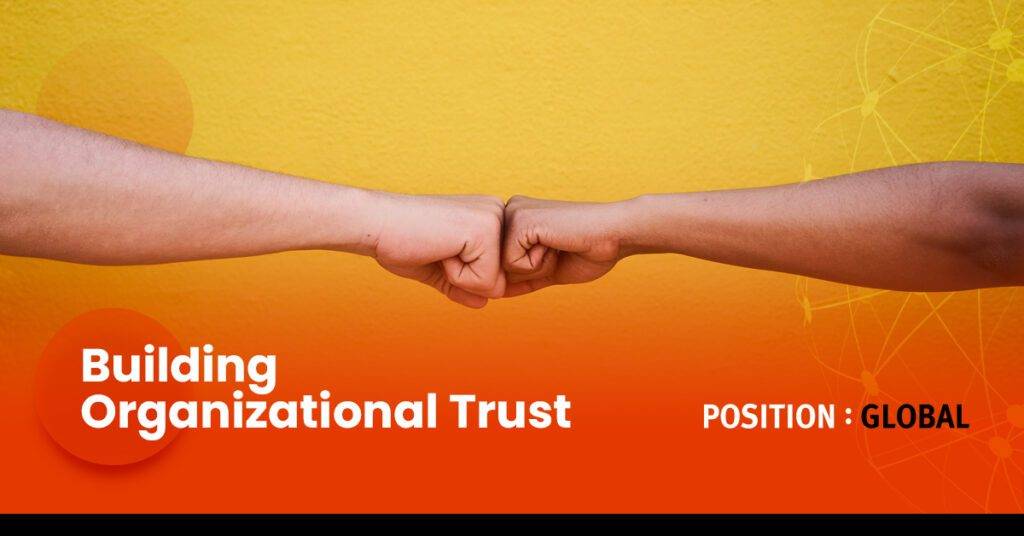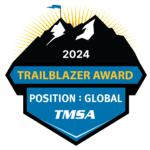
The TMSA 2023 Executive Leadership Summit was a terrific event that sought to help logistics firms support their marketing and sales efforts from a 30000 foot view. Presentations this year focused on Trust, AI, DEI, and better ways to partner with your clients. Here are my notes from the opening keynote, on trust.
To learn more about trust, visit Trust Centric Consulting.
For ideas on building your company’s brand and identifying your ideal customers, visit us at Position : Global.
The Power of Organizational Trust: Insights from Cory Scheer’s Presentation
In today’s rapidly evolving business landscape, trust is an indispensable component of success. This is a sentiment emphasized by Cory Scheer, CEO of Trust Centric Consulting, during a thought-provoking presentation on the significance of organizational trust. At the heart of his message was the idea that trust is the bedrock upon which prosperous companies and strong relationships are built. In this blog post, we will delve into the key takeaways from Cory Scheer’s presentation on the crucial role of trust in organizations.
Understanding Trust
Before delving into the specifics, it is essential to comprehend what trust truly means. Trust can be defined as a firm belief in the reliability, truthability, or strength of someone or something. Scheer’s presentation stressed that trust is a multi-faceted concept that underpins the way organizations function and interact with their employees and customers.
Recommended Reads
To set the stage for the presentation, Scheer recommended two influential books: “The Speed of Trust” by Stephen M.R. Covey and “Good to Great” by Jim Collins. These books offer valuable insights into the dynamics of trust and the transformational power it holds for organizations.
The National Survey on Brand and Trust
Cory Scheer co-authored “The National Survey on Brand and Trust,” which shed light on the state of trust within organizations. The survey revealed some eye-opening statistics:
- Leaders often rate their own trustworthiness higher than how their frontline employees perceive them.
- Shockingly, 51% of leaders are not trusted by their teams.
- Furthermore, 66% of employees in medium-sized organizations are unlikely to give their best effort when they don’t trust their leaders.
These statistics underscore the significant trust deficit that many organizations face, which has far-reaching consequences on their performance and bottom line.
Building Trust from the Inside Out
One of the central themes of Scheer’s presentation was the idea that trust must be cultivated from within an organization. In other words, an organization that doesn’t have the trust of its employees will struggle to earn the trust of its customers. Trust is not a one-way street, but rather a reciprocal and symbiotic relationship.
Trust Before Value
Scheer emphasized that trust is the foundation upon which value and loyalty are built. When it comes to convincing customers to buy a product, service, or experience, four key elements must be considered:
- Usability
- Aesthetic appeal
- Rarity
- Emotional connection
However, before customers can truly value these aspects, they must trust the organization offering them. Thus, the sequence becomes “Trust—Value—Loyalty.”
The Science of Trust
Scheer also presented the “Science of Trust,” which is structured around three pillars:
- Competence: The competence of individuals within the organization and its leaders is crucial for trust. Colleagues must excel at their roles, and leadership must demonstrate competence.
- Problem-Solving: An organization’s ability to listen to problems and adapt to changing circumstances is integral to trust-building. Good leaders actively listen and address issues, while ineffective ones stick to the status quo.
- Care for Others: Effective leaders actively listen, are honest and forthright, show compassion, and support the holistic needs of their team members. This care for others is a cornerstone of trust.
Strengthening Your Trust Proposition
To strengthen the trust proposition of an organization, Scheer recommended three key steps:
- Assess Trust: Take a critical look at the current level of trust within the organization.
- Apply Structure: Develop a structured framework for building and maintaining trust within the organization.
- Take Action: Actively work to improve trust through meaningful initiatives and behaviors.
Logistics Pain Points
During his presentation, Scheer also touched upon some common pain points related to trust in organizations:
- Differentiation: In a crowded marketplace, distinguishing your organization from competitors is challenging.
- Determining Ideal Customer Profiles (ICP): Identifying and understanding your target audience is crucial for building trust.
- Decision Clarity and Ownership: Ensuring clear decision-making processes and accountability is essential to foster trust.
Toxic or Trustworthy?
The presentation closed with a poignant question: Is your organization toxic or trustworthy? This introspective query challenges organizations to evaluate their practices, culture, and leadership to ensure they are fostering an environment of trust rather than toxicity.
Cory Scheer’s presentation on organizational trust served as a compelling reminder of the pivotal role trust plays in today’s business world. By focusing on building trust from the inside out, organizations can enhance their value proposition, foster loyalty, and ultimately achieve sustainable success. Scheer’s insights provide a roadmap for organizations to strengthen their trust proposition and navigate the complexities of the modern marketplace.







